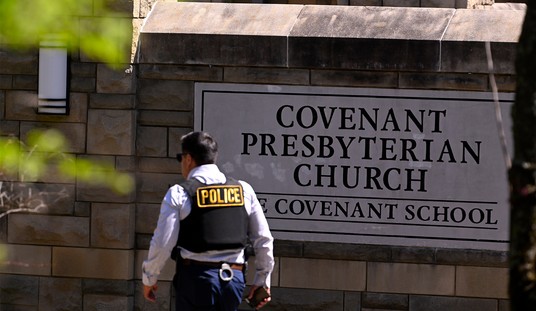Advertisement
But the shoe may soon be on the other foot. Federal spending as a percent of Gross Domestic Product (GDP) is now over 25%. The last time the government represented that much of the economy, we were building B-29 bombers to drop their payloads on Japan and Germany. As a result of the economic downturn, taxes collected are only about 15% of GDP (whereas 19% has roughly been the average for the last 40 years) hence the huge deficits.
And that’s only the federal government. State and local governments now comprise (roughly) an additional 10% of GDP. So combined, government at all levels in this country now account for over 1/3 of economic activity in the country. I happen to think that this is way too much but we can debate that point at another time. The point here is that government at all levels now represent a much larger part of the economy than they ever have before, outside of a World or Civil War.
And the government is in trouble. I wrote you last week about the sheer unsustainability of the current federal spending, deficit, and debt levels. But as you all know, the State of California has serious budget problems of its own, as do probably 30 other states. There is trouble in Mudville at the local level as well. Former Mayor Dick Riordan recently said that he believes that the City of Los Angeles will soon have to declare bankruptcy.
Recommended
Advertisement
While the private sector is rapidly shedding risk, debt, and leverage, the public sector is increasing the same. Now, government at all levels is broadly overleveraged, has too much debt, and too much risk without adequate reserves. Some of this is from simple current overspending. But some of it is also from promises that can’t be kept on government worker pensions, Medicare, other entitlements, and even some infrastructure projects. This can’t continue. Even if you felt that this spending was the right policy, government literally can’t raise taxes enough to pay for all that it is currently spending plus all it has promised to spend in the future. Something’s got to give.
Therein lies the problem. If we continue on our merry, free-wheeling government way, at some point government will no longer be able to sell its debt, except at very high rates. Think Greece or Portugal here. The U.S. government rescued the economy in 2008. But governments here may require a rescue of their own in the future. The government’s problems are, potentially, the biggest impediment to future economic growth as this huge segment of the economy gets rationalized. Obviously, the severity of the impact will be determined by the policy choices that are made in the near future. Doing nothing is, in my opinion, the worst possible choice, which is followed closely by little reform with lots of taxes. But no matter what those choices are, it’s not going to be pretty.
Advertisement
























Join the conversation as a VIP Member